zì
indulge oneself
Phonosemantic compound. 心 represents the meaning and 次 represents the sound.
Evolution

Seal script
Shuowen (~100 AD)
Clerical script
Eastern Han dynasty (25-220 AD)Regular script
ModernDefinitions
zì
indulge oneself, unrestrained; to abandon restraint; to do as one pleases; comfortable (dialect)
Most common words with 恣
Freq. | Word | Meaning |
|---|---|---|
unbridled | ||
to abandon restraint | ||
to behave unscrupulously | ||
unrestrained | ||
wanton or willful |
Component uses
Unknown component in 1 character (0 verified)
Sources
